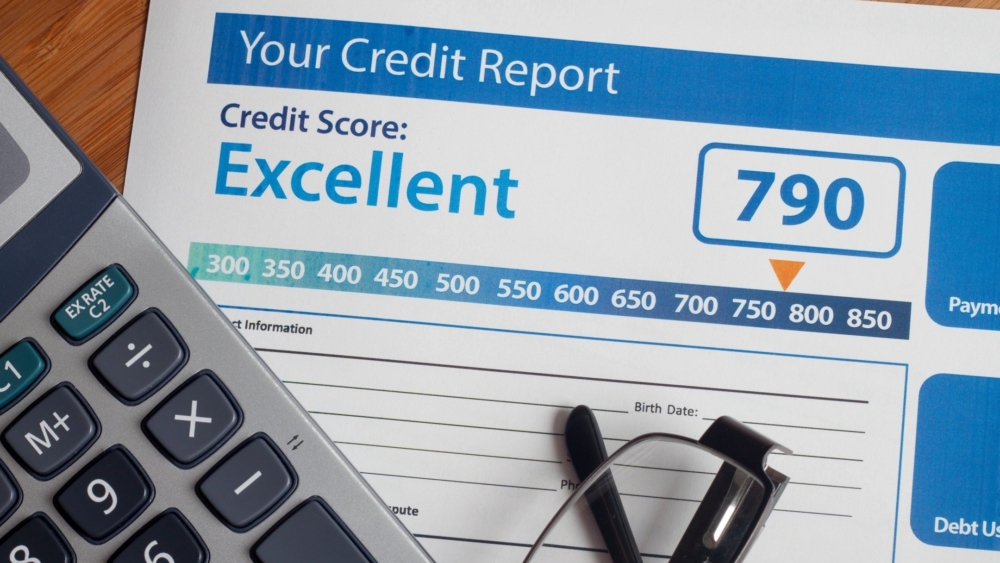Your credit score is a crucial component used by lenders and financial institutions in determining your eligibility for loans, credit cards, and other forms of credit. A high credit score indicates that you are a low-risk borrower, while a low score suggests the opposite. Knowing your credit score and understanding how it is calculated is essential to securing favorable credit terms and interest rates. In this blog post, we will delve into the credit score landscape and discuss how TransUnion, one of the major credit bureaus, evaluates your creditworthiness.
TransUnion is one of the three major credit bureaus, and it receives data from various creditors and lenders, including credit card issuers, banks, and credit unions. It then incorporates this data into your credit report, which forms the basis for your TransUnion credit score. The credit score model used by TransUnion is referred to as the VantageScore 4.0, which ranges from 300 to 850. A score of 700 or above is considered good, while anything below 600 is considered poor.
The VantageScore 4.0 model uses several factors in calculating your credit score, each with a different weight. Payment history makes up 40% of the score, while credit utilization, which refers to the percentage of your available credit that you use, accounts for 20%. The length of your credit history, the types of credit accounts you have, and recent credit behavior make up the remaining 40%.
To improve your credit score with TransUnion, it’s essential to focus on the factors that carry the most weight. Doing so will significantly impact your credit score. Payment history is the most crucial factor, so it’s crucial to pay all your bills on time, as even a single late payment can have a significant negative impact. A high credit utilization rate of over 30% can also hurt your score, so consider paying off your balances or increasing your credit limit to reduce this rate.
A lengthy credit history also works in your favor, so try keeping your old credit accounts open and active, as long-standing accounts boost your creditworthiness. Likewise, a diverse credit profile with a mix of installment loans, revolving credit, and other credit types can help increase your score.
One way to stay on top of your credit score is by regularly reviewing your credit report to check for errors or fraudulent activity. TransUnion provides one free credit report annually, which you can request by mail or online. It’s also essential to monitor your credit score, so consider signing up for a credit monitoring service or using TransUnion’s Credit Lock feature, which allows you to lock or unlock access to your credit report.
In summary, your credit score is a crucial component of your financial profile that impacts your ability to secure favorable credit terms, including loan approvals and interest rates. Understanding how TransUnion calculates your credit score and staying on top of the various factors that comprise it is essential in building and maintaining good credit. Remember always to pay your debts on time, aim for a low credit utilization rate, maintain a lengthy credit history, and regularly review your credit report for any discrepancies. Following these tips can help you achieve financial wellness and set you on the path to financial success.
Understanding your credit score and monitoring it is very important is part of having Smart Financial Goals.
